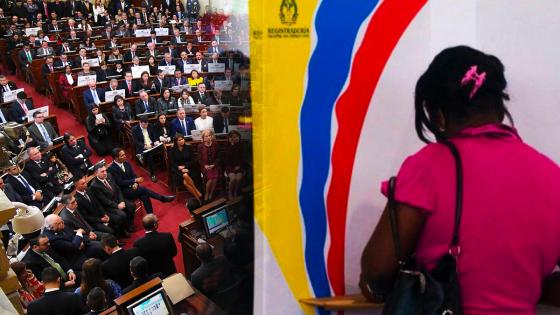There are 272 articles that make up the reform document to the Electoral Code approved in the first debate by the First Commission of the House of Representatives.
For some parliamentarians, the implementation of this reform would bring “modernization”, as highlighted by Fabio Amín, president of the aforementioned parliamentary commission.
Also read: MinTrabajo denies workers’ strike within the portfolio
“It is not the same to advance with norms from more than 30 years ago, today a possibility for the modernization and organization of both the National Electoral Council and the National Registry,” he said.
Reform to the Electoral Code, a new political discussion
The articles propose a modernization against which there are disagreements or, at least skepticism. Some opposition politicians have already spoken about it. But what are some of the most important points of the reform?
- There will no longer be penalties for those who change their place of residence without notifying the electoral authorities.
- Early voting is maintained only for those who live abroad.
- Mixed electronic voting would enter into force
- Election day would last one hour, that is, until 5:00 p.m.
“This is a set of rules that modernize the electoral system in our country and guarantee a better democratic exercise to elect those who represent us. The use of communication technologies to exercise our right to vote, the professionalization of the municipal registrars, the audits of the software and the technological systems that participate in this process are very important issues that are included in this code,” said Alfredo Deluque. of the Party of the U.
María Fernanda Cabal, in disagreement with electronic voting
Senator María Fernanda Cabal, from the Democratic Center, has stated that electronic voting does not provide guarantees of transparency. She cited some international cases to support the argument.
